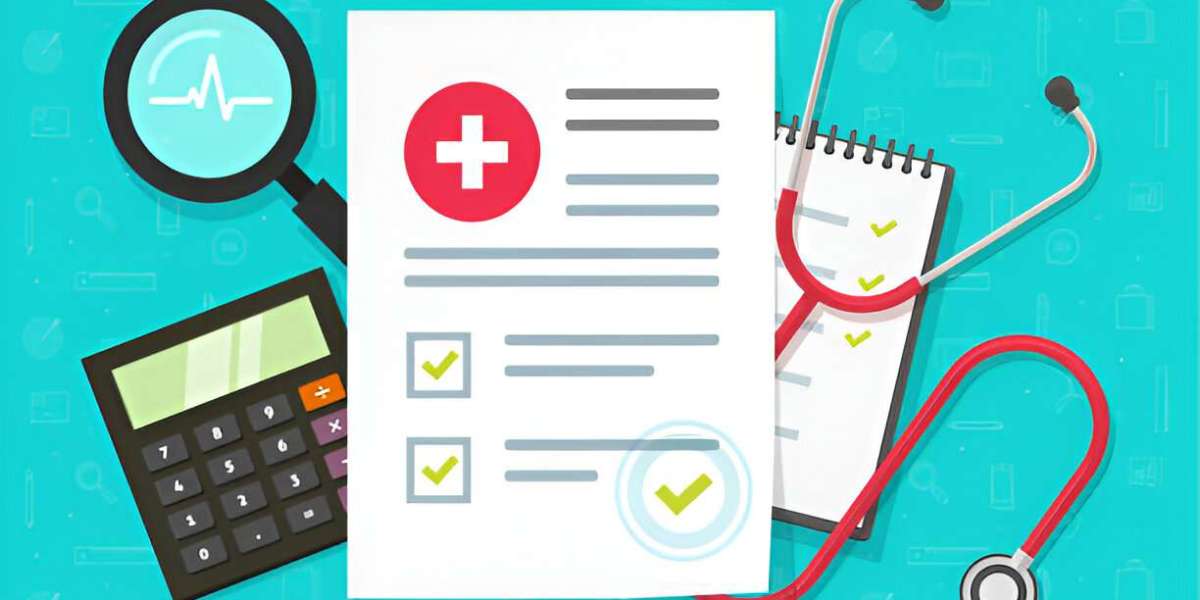Why Regional Expertise in Medical Billing Matters
Medical billing is never one-size-fits-all. While national billing systems follow standard coding (CPT, ICD-10, HCPCS), each state presents unique payer mixes, Medicaid policies, patient demographics, and compliance requirements. That’s why practices in Michigan and Georgia benefit from working with billing partners who understand both local dynamics and national best practices.
Michigan Medical Billing: Key Considerations
1. Auto Insurance & No-Fault Laws
Michigan’s no-fault auto insurance system traditionally required healthcare providers to bill auto insurers for accident-related care. Although reforms passed in 2019 limited reimbursement caps and changed claim submission timelines, practices still need:
Accurate coordination of benefits (COB)
Billing expertise for PIP claims
Timely submission under new laws
2. Medicaid Expansion & Enrollment
Michigan expanded Medicaid under the ACA, giving more patients access to coverage. Providers must:
Verify Healthy Michigan Plan eligibility
Stay updated on MDHHS policy bulletins
Ensure proper credentialing for Medicaid participation
3. Worker’s Compensation & Industrial Claims
Cities like Flint and Detroit have high numbers of workers' compensation cases. Michigan billing services must understand:
WC24 modifier usage
Michigan Worker’s Disability Compensation Act billing forms
Claim filing timelines for employer-sponsored coverage
Georgia Medical Billing: Key Considerations
1. Medicaid Restrictions
Unlike Michigan, Georgia initially opted out of Medicaid expansion, creating a higher burden of self-pay and uninsured patients. This means practices must:
Implement efficient patient collections
Offer financial counseling and payment plans
Navigate complex Georgia Medicaid CMOs (like Amerigroup, Peach State)
2. Rural-Urban Billing Divide
Atlanta-based practices often deal with major commercial carriers and large health systems.
Rural practices in southern Georgia manage a higher mix of Medicare/Medicaid and must address limited broadband access affecting EHR and billing software usage.
3. Credentialing Complexity
Payer credentialing is more fragmented in Georgia due to the presence of multiple Medicaid care organizations and private payers. Delays or errors can lead to months of lost income.
Features of Modern Medical Billing Services in Michigan and Georgia
Modern practices need more than just claim submission—they need data-backed, specialty-aware, fully integrated billing support. The best billing services offer:
✅ End-to-End Revenue Cycle Management (RCM)
From patient eligibility verification to final reimbursement, comprehensive RCM services:
Prevent front-end denials
Minimize AR aging
Optimize charge capture for recurring care
✅ State-Specific Compliance Support
Up-to-date knowledge of Michigan No-Fault Law
Understanding of Georgia’s Medicaid CMOs
Adherence to HIPAA, CMS, and local LCD/NCDs
✅ Insurance Credentialing Services
Credentialing delays can lead to revenue gaps. Outsourced medica billing services in Michigan and Georgia firms assist with:
Initial credentialing and CAQH setup
Medicaid/Medicare enrollment for Michigan MDHHS and Georgia DCH
Ongoing re-credentialing and updates
✅ Denial Management & Appeals
Real-time claim scrubbing
Appeals for common denials (CO-50, 97, 18, etc.)
Tracking payer-specific appeal windows in both states
✅ Tech Integration with EHRs
Seamless integration with systems like Epic, eClinicalWorks, Athenahealth, Kareo, and DrChrono allows:
Real-time charge entry
Accurate encounter documentation
Transparent revenue reporting
Specialty Support: Tailored Services for High-Demand Fields
Whether you're a cardiologist in Macon or an orthopedic specialist in Ann Arbor, specialty billing services in Michigan and Georgia offer coding and compliance insight tailored to:
Mental Health and Behavioral Therapy
Internal Medicine and Primary Care
Orthopedics and Pain Management
OB/GYN and Pediatrics
Urgent Care and Hospitalist Billing
Benefits of Partnering with a State-Savvy Billing Provider
| Benefit | Description |
|---|---|
| Higher Clean Claim Rate | Fewer rejections due to local payer expertise |
| Faster Reimbursements | On-time submissions and real-time tracking |
| Reduced Administrative Burden | Less paperwork, more patient engagement |
| Better Credentialing Outcomes | Faster approvals, fewer delays |
| Local Compliance Assurance | Tailored knowledge of state-specific regulations and reforms |
| Improved Patient Satisfaction | Clearer billing communication and flexible payment options |
Choosing the Right Medical Billing Partner
When evaluating medical billing services in Georgia or Michigan practice, look for:
Experience with your specialty
Knowledge of local payers (BCBSM, Georgia Medicaid CMOs, etc.)
Integrated credentialing and RCM support
HIPAA-compliant processes
Transparent reporting and analytics
Conclusion
For modern medical practices in Michigan and Georgia, success hinges on more than great clinical care—it also depends on getting paid accurately and on time. By partnering with a billing provider that understands the unique billing environments in both states, practices can improve their cash flow, reduce stress, and focus on delivering better patient outcomes.
Whether dealing with auto injury claims in Michigan or navigating Medicaid complexities in Georgia, your billing operations must be state-smart, tech-enabled, and compliance-first.








